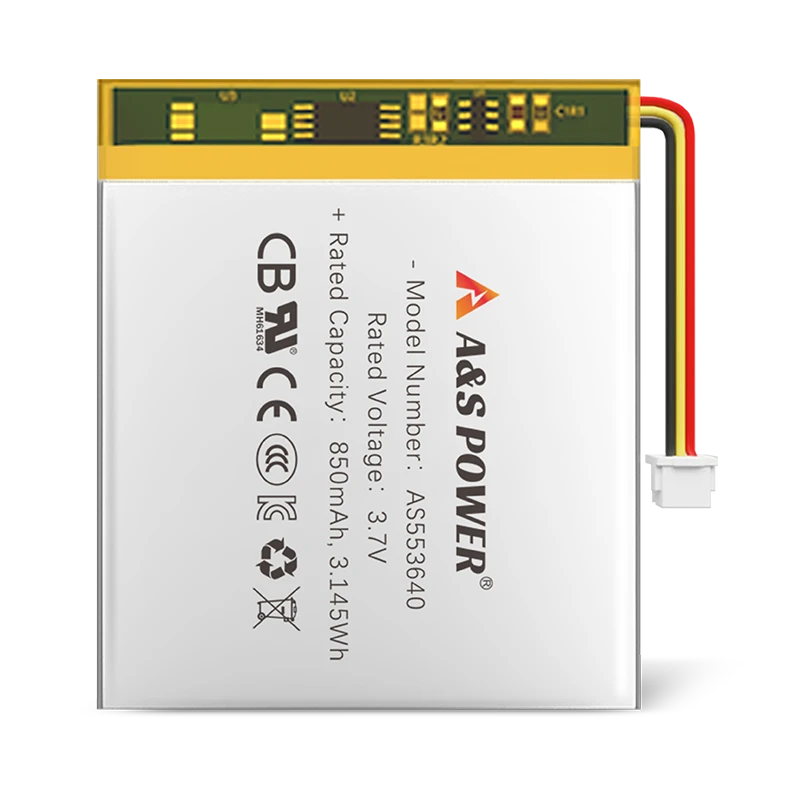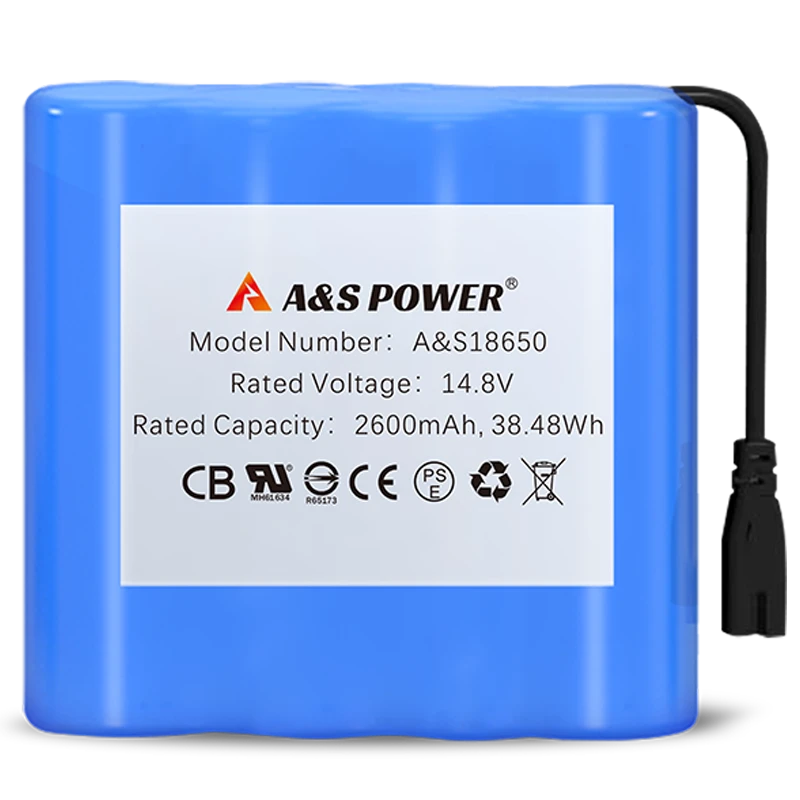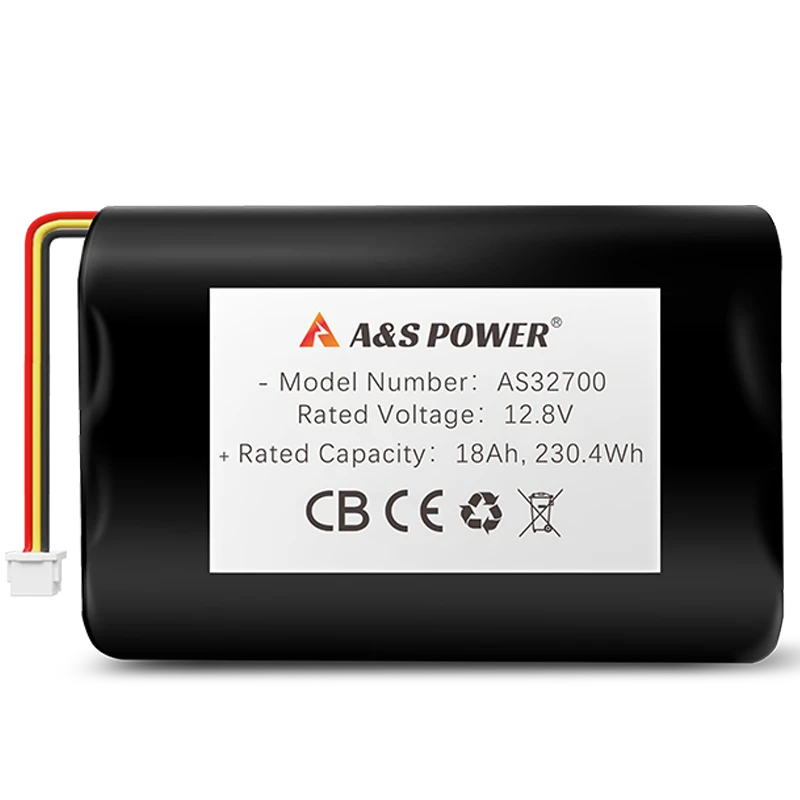Operation of Lithium-Ion Batteries in Medical Devices
Lithium-ion batteries are essential to powering portable and implantable medical devices, from insulin pumps to automated external defibrillators (AEDs). These batteries operate via electrochemical reactions, where lithium ions move between the anode (typically graphite) and cathode (such as lithium cobalt oxide), producing electricity during discharge. The process is reversed during charging.
A Battery Management System (BMS) constantly monitors voltage, current, and temperature to ensure stable operation, efficiency, and safety—crucial in clinical environments.
Key Advantages of Lithium-Ion Batteries in Medical Applications
1. High Energy Density
-
Delivers 150–250 Wh/kg, enabling compact designs
-
Extends use time in devices (e.g., insulin pumps >7 days operation)
-
Reduces weight for wearables and implantables
2. Stable Voltage Output
-
Maintains output around 3.7V nominal across >90% of charge
-
Ensures consistent performance in ECG, glucose, and SpO2 monitors
-
Prevents diagnostic drift or sensor error
3. Long Cycle Life
-
Up to 1,000 full charge cycles (typical Li-ion)
-
Up to 3,000 cycles with LiFePO₄ chemistry
-
Matches 3–5 year lifespans of ventilators, infusion pumps
4. Rapid Charging Capability
-
Supports standard 0.5C–1C charging (full charge in 1–2 hours)
-
Accepts 3C+ fast charging in emergency tools like defibrillators
-
Enables opportunity charging between clinical uses
5. Low Self-Discharge Rate
-
Loses only 2–3% charge per month
-
Keeps emergency equipment (e.g., AEDs) ready
-
Minimizes maintenance charging needs
6. Wide Temperature Tolerance
-
Operates from 0°C to 45°C in typical settings
-
Retains >80% capacity at -20°C for emergency field use
-
BMS prevents thermal runaway
Medical-Specific Benefits
-
Miniaturization: Enables devices under 100g (e.g., hearing aids, patch monitors)
-
Clinical Reliability: Uptime >99.9% for critical care tools
-
Regulatory Compliance: Meets IEC 62133 & UL 1642 standards
-
No Memory Effect: Safe for partial charging
-
Vibration-Resistant: Maintains performance in EMS and ambulances
Comparison to Other Battery Technologies
| Feature | Lithium-Ion | NiMH | Lead-Acid | Sodium-Ion |
|---|---|---|---|---|
| Energy Density | ★★★★☆ | ★★☆☆☆ | ★☆☆☆☆ | ★★☆☆☆ |
| Cycle Life | ★★★★☆ | ★★☆☆☆ | ★★☆☆☆ | ★★☆☆☆ |
| Weight/Volume | ★★★★☆ | ★★☆☆☆ | ★☆☆☆☆ | ★★☆☆☆ |
| Cold Weather Operation | ★★★★☆ | ★★☆☆☆ | ★☆☆☆☆ | ★☆☆☆☆ |
| Charging Speed | ★★★★☆ | ★★☆☆☆ | ★☆☆☆☆ | ★★☆☆☆ |
Implementation Requirements for Medical Use
-
Precision BMS for safety and cell balancing
-
Medical-grade cells (e.g., UL 1642-certified)
-
Waterproof/sealed packs for sterilization compatibility
-
Cycle life testing under actual device load conditions
Conclusion
Lithium-ion batteries provide the performance, reliability, and safety needed to support modern portable medical devices. Their ability to deliver consistent voltage, sustain long cycle lives, and charge rapidly underlies everything from chronic disease management to emergency response.
As demand for mobile health technology grows, lithium-ion remains the dominant battery solution, aligning with both technical and regulatory demands in the healthcare industry.
Need custom battery solutions for medical applications? Contact Our Team »
-

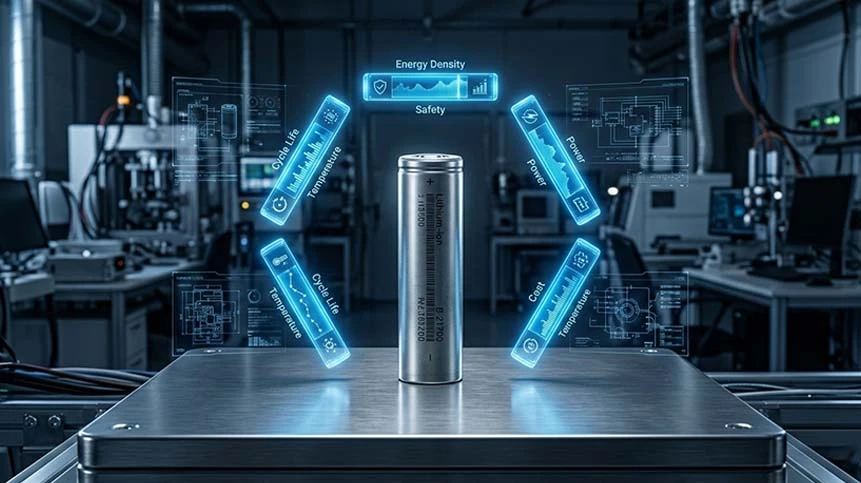 May.2026.02.27Lithium-Ion Batteries: The Six Constraints Blocking the Path to PerfectionLearn More
May.2026.02.27Lithium-Ion Batteries: The Six Constraints Blocking the Path to PerfectionLearn More -

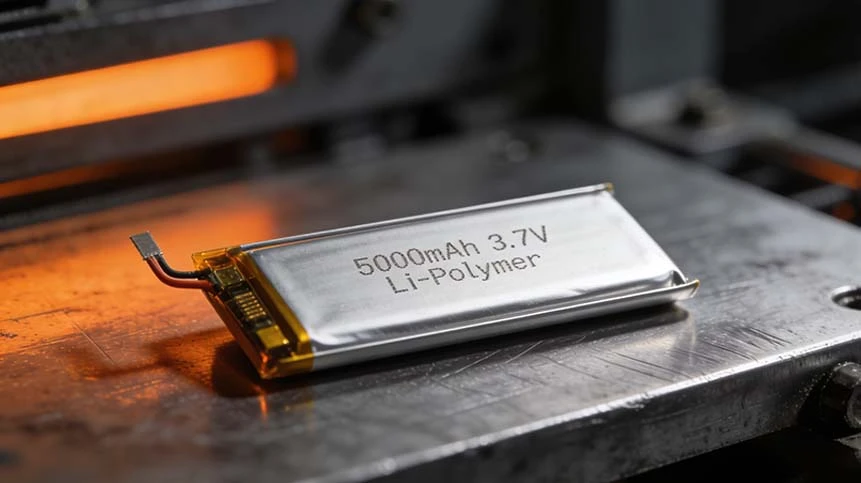 May.2026.02.25Li-Polymer Battery 5000mAh: Complete Technical & OEM GuideLearn More
May.2026.02.25Li-Polymer Battery 5000mAh: Complete Technical & OEM GuideLearn More -

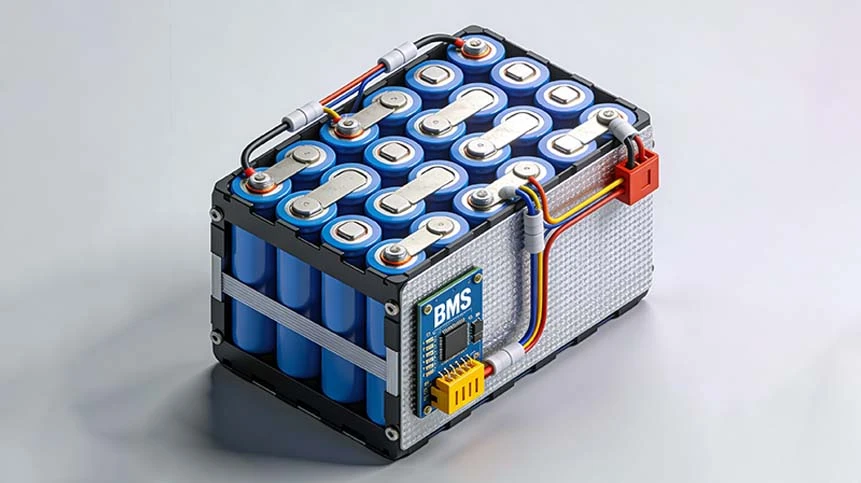 May.2026.02.24The Unparalleled Advantages of Lithium-Ion Batteries Over Traditional BatteriesLearn More
May.2026.02.24The Unparalleled Advantages of Lithium-Ion Batteries Over Traditional BatteriesLearn More -

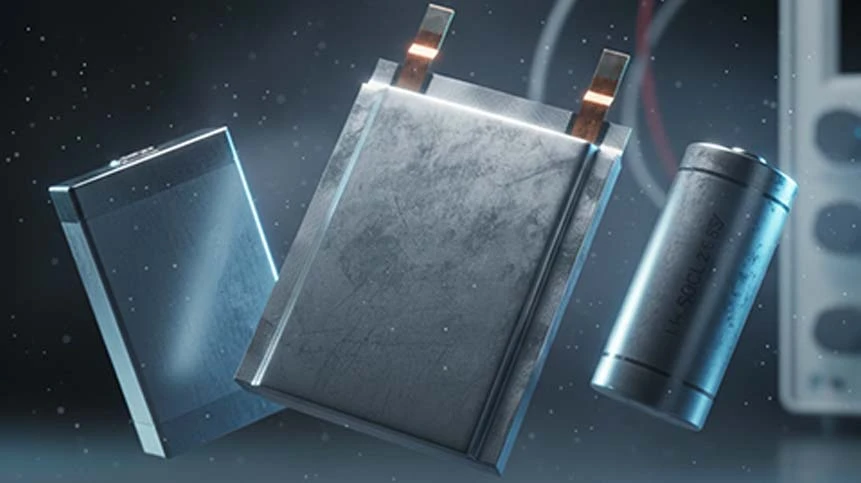 May.2026.02.243.6 Volt Battery: Complete Technical Guide for Engineers & BuyersLearn More
May.2026.02.243.6 Volt Battery: Complete Technical Guide for Engineers & BuyersLearn More -

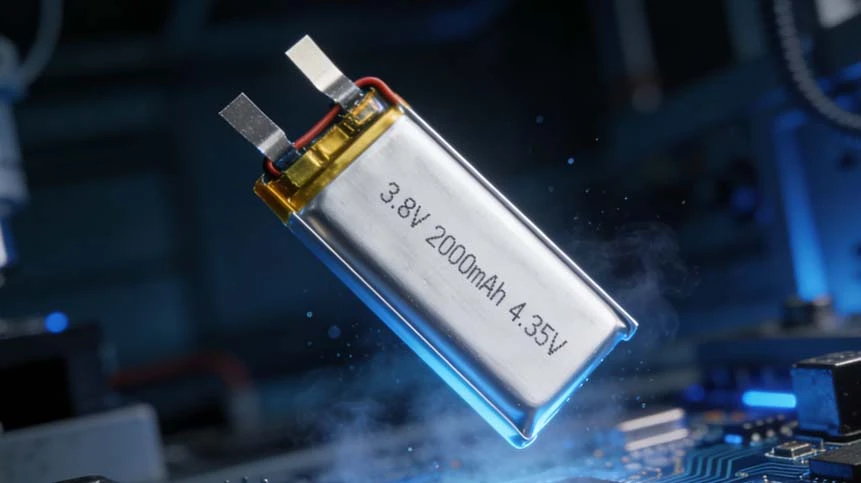 May.2026.02.24What Is a 3.8V LiPo Battery? A Complete Engineering & OEM GuideLearn More
May.2026.02.24What Is a 3.8V LiPo Battery? A Complete Engineering & OEM GuideLearn More




